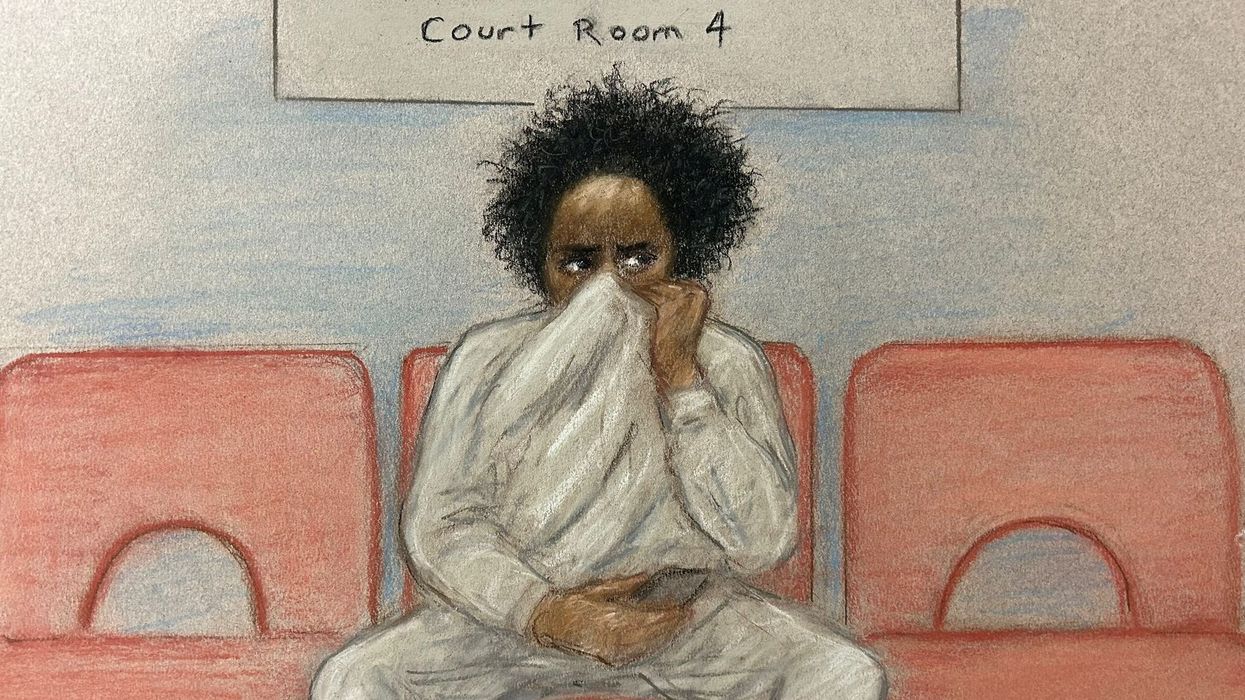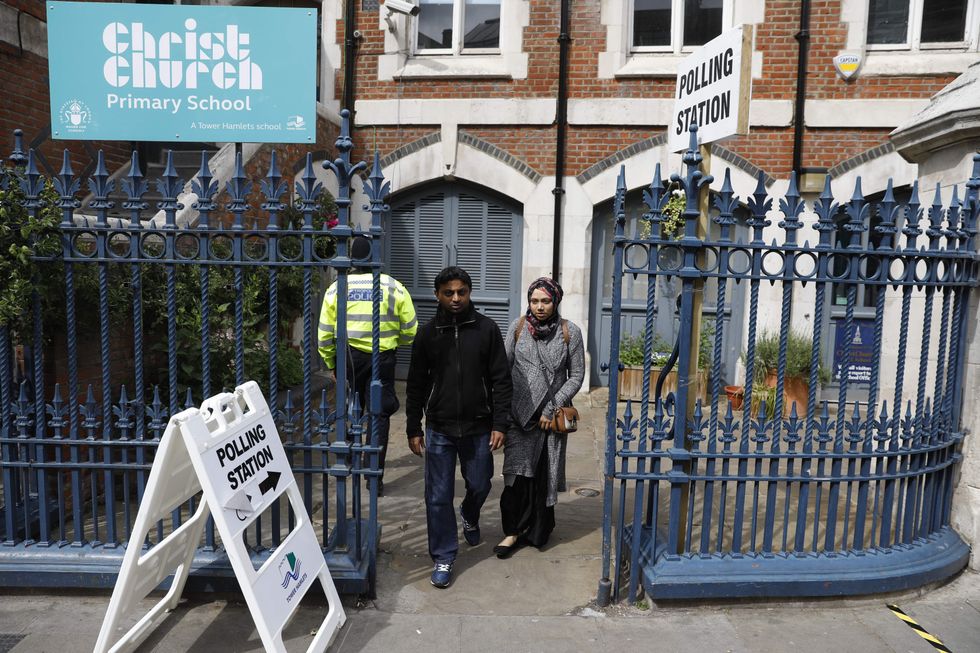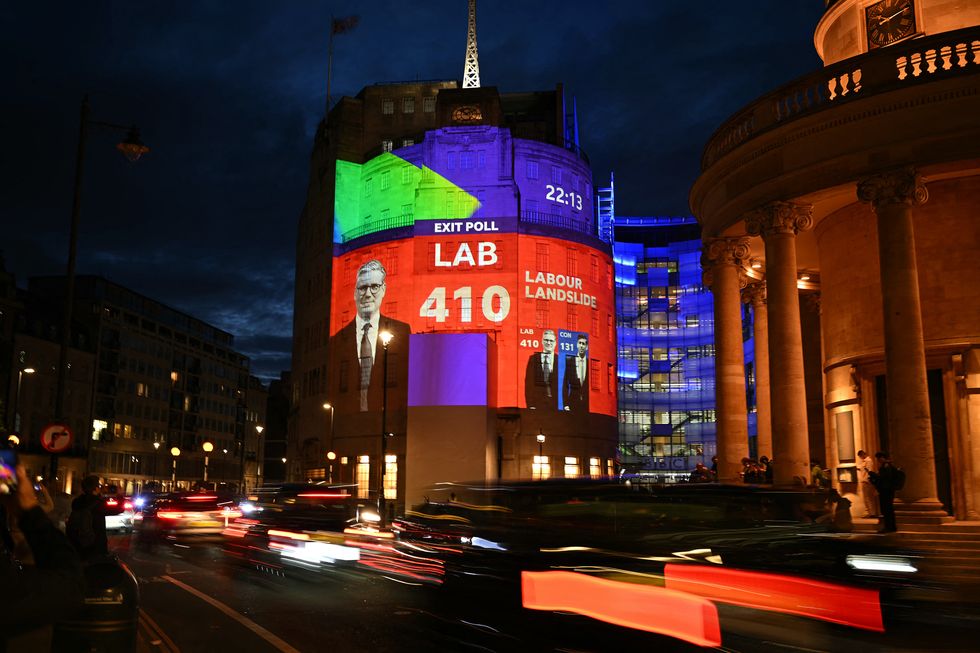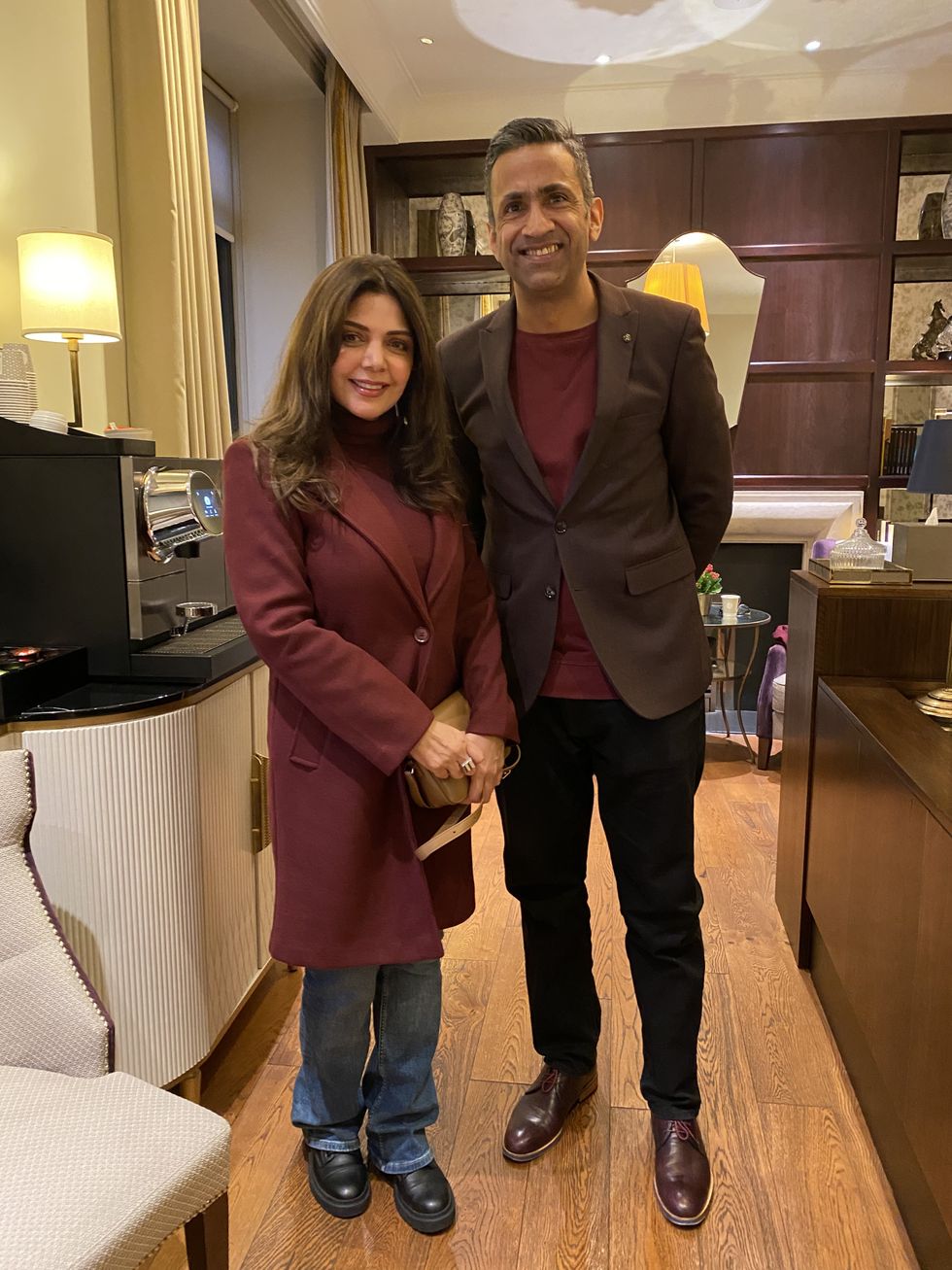INDIA and Canada have expelled senior diplomats in a growing dispute over the murder of a Sikh separatist leader. On Monday, Canada ordered the removal of six Indian diplomats, including the high commissioner, accusing them of involvement in the killing and linking them to a broader campaign against Indian dissidents in Canada.
Earlier, India expelled six Canadian diplomats, including the acting high commissioner, and announced the withdrawal of its envoy from Canada.
On Monday, India criticised Canada, saying that Ottawa was investigating its ambassador and other diplomats as “persons of interest” in the 2023 murder of Sikh separatist leader Hardeep Singh Nijjar.
India’s foreign ministry, in a statement, said it had received “a diplomatic communication from Canada suggesting that the Indian high commissioner and other diplomats are persons of interest” in the ongoing investigation.
Relations between India and Canada have deteriorated since Canadian prime minister Justin Trudeau claimed last year to have evidence connecting Indian agents to the assassination of Nijjar on Canadian soil.
At a press conference, Trudeau has now said that the government has "clear and compelling evidence" that Indian agents have been involved in activities that endanger public safety. He said these activities include clandestine operations, coercive behaviour, and targeting South Asian Canadians, along with involvement in over a dozen violent incidents, including murder. “This is unacceptable,” Trudeau added, criticising India’s actions as criminal.
India has consistently denied these accusations, dismissing Canada’s claims as politically motivated. On Monday, India criticised the Canadian government's approach, accusing Trudeau of pursuing a "political agenda."
The Royal Canadian Mounted Police (RCMP) stated that India had conducted a campaign against Indian dissidents in Canada, involving homicides, extortion, and interference in democratic processes. Assistant Commissioner Brigitte Gauvin specifically mentioned the involvement of organised crime elements, naming the "Bishnoi group," which she said is linked to Indian agents.
Lawrence Bishnoi, who is accused by India of leading an organised criminal syndicate, is currently imprisoned in western India awaiting trial on terrorism charges. His lawyer, Rajani, stated that the charges were still under investigation and no final conclusions had been reached.
Canada's foreign ministry said the decision to expel the diplomats was based on ample evidence provided by the RCMP that identified six individuals as linked to the Nijjar case.
In retaliation, India said it was withdrawing its diplomats from Canada due to concerns over their safety, stating that it had no confidence in the Canadian government's ability to ensure their security. India also instructed six Canadian diplomats to leave by Saturday and summoned Canada's top diplomat in India.
Canada's foreign minister, Mélanie Joly, stated that her government had requested India to waive the diplomatic immunity of the six diplomats so Canadian authorities could question them, but India refused to cooperate, leading to the expulsion. Joly emphasised that Canada was not seeking a confrontation but would not tolerate actions that threaten Canadians.
In October 2023, Canada withdrew over 40 diplomats from India after New Delhi demanded a reduction in Canada’s diplomatic presence. The ongoing tensions have led to what analysts are calling a major rupture in relations between the two countries, with experts like Fen Osler Hampson of Carleton University expressing doubts about a quick resolution.
Canada, home to a significant Sikh population, has seen demonstrations in recent years that have concerned India. The US has also reported Indian involvement in an attempted assassination plot against a Sikh separatist in New York last year, further straining relations as Western nations look to deepen ties with India to counter China’s influence.
(With inputs from agencies)


















 Efforts are underway to modernise voting systems
Efforts are underway to modernise voting systems The exit poll showed a lead for Labour in the July general election, which may have put off some voters from casting their ballots
The exit poll showed a lead for Labour in the July general election, which may have put off some voters from casting their ballots
 Rokey as Minty with Tianah Hodding as Clover during Animal Farm rehearsals
Rokey as Minty with Tianah Hodding as Clover during Animal Farm rehearsals

 Hadiqa Kiani
Hadiqa Kiani Cover of her EP
Cover of her EP Kiani with Asjad Nazir
Kiani with Asjad Nazir